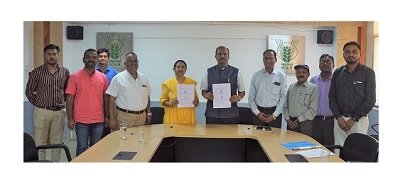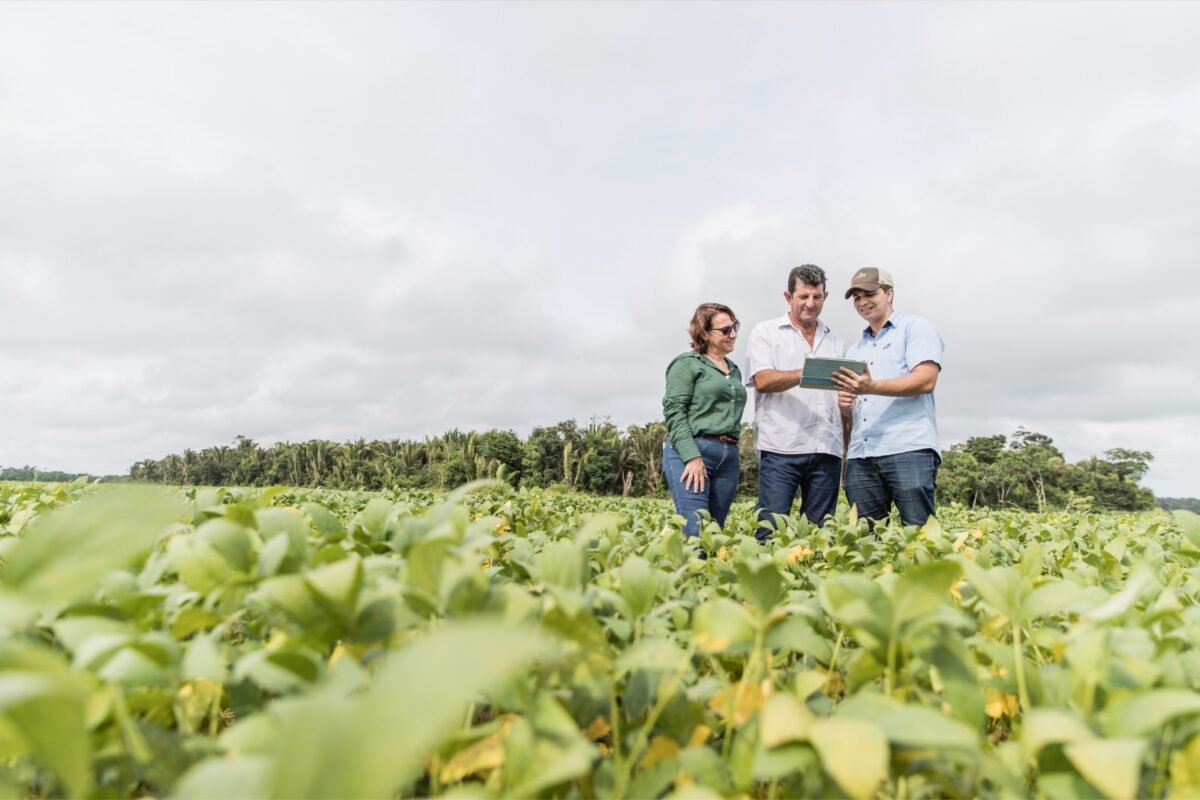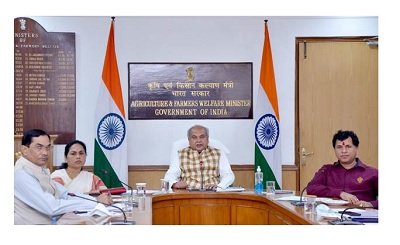Mankind Pharma forays into agri-tech biz
Launches Mankind Agritech
Mankind Pharma has announced the launch of Mankind Agritech. The company has entered into the ever-growing Indian agri-Input segment to use technological innovations in the field and bring its expertise to Indian farmlands and the Indian agriculture consumers, respectively. The decision behind foraying into this division is to assist Indian farmers by providing new-age technologies and helping farmers for the betterment of the rural sector.
With the launch of Mankind Agritech, the company will be providing crop care solutions to Indian farmers, including weedicides, insecticides, fungicides, plant growth regulators and biologicals. Mankind Agritech will work towards food safety for the country. The company will invest in the new technological tools and aims to deliver the same to the farmers to support them.
Rajeev Juneja, MD and Vice-Chairman, Mankind Pharma said, “We are happy to announce our launch in the Agritech domain with long-term investment plans with an initial 150 to 200 crore Capex infusion in the first two to three years. Mankind Agritech is committed to bringing world-class crop protection technology to Indian farmers. Technology is playing a crucial role in ensuring the growth of the agriculture sector in India. Agritech has the potential to scale up the agricultural industry through technological intervention. If the farmers get the right products and tools they would be in a position to make an informed decision of user input and the right technology. Mankind Agritech will ensure quality assurance to the farmers.
The new vertical will be headed by Partha Sengupta, a veteran of the Indian agrochemical industry. Sengupta brings in a plethora of experience from the agrochemical industry with over three decades of experience in Sales and Marketing. Sengupta was National Marketing Head and part of the Senior Leadership team at Dhanuka Agritech overseeing marketing operations in India, Bangladesh, and Nepal.
Launches Mankind AgritechMankind Pharma has announced the














